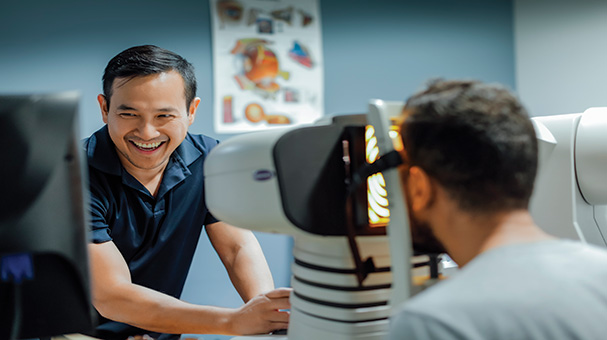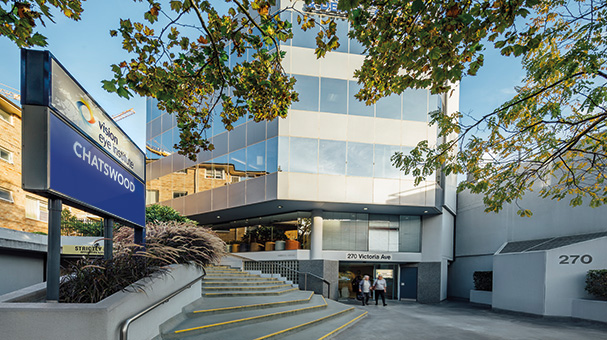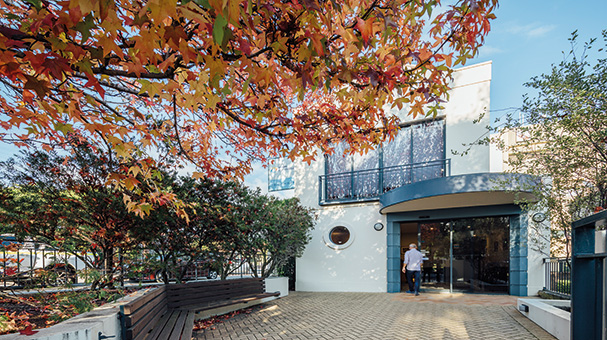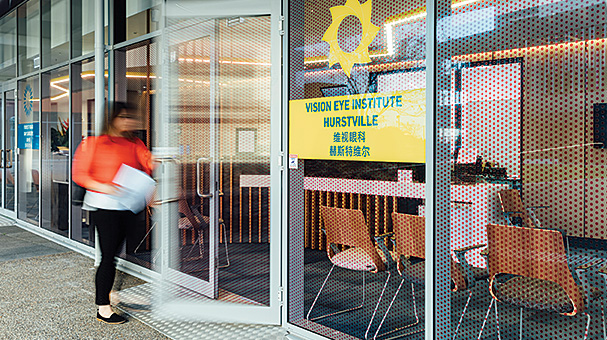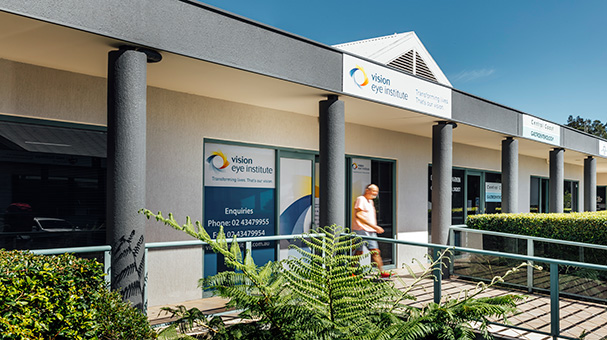Glaucoma is a group of eye diseases that damage the optic nerve (located in the back of your eye), leading to irreversible vision loss. The optic nerve relays messages from the eye to the brain, creating visual images. When a significant part of the nerve is damaged, your peripheral field of vision (the part that is outside the centre of your gaze) is lost. When left untreated, this vision loss gradually extends towards your central vision until all sight is lost.
In most instances, glaucoma develops when the pressure within the eye, known as intraocular pressure, increases, causing progressive damage to the optic nerve. This results from an abnormality within the eye’s drainage system, leading to fluid accumulation and excessive eye pressure.
In open-angle glaucoma (the most common form), the eye’s drainage canals are open but damaged, limiting the outflow of fluids and increasing intraocular pressure over time. For this reason, most cases of open-angle glaucoma occur gradually and are asymptomatic.
Comparatively, angle-closure glaucoma occurs when the drainage canal closes completely, causing the pressure in the eye to rise abruptly. Sudden onset of symptoms such as eye pain, vision loss, headache, nausea or vomiting are characteristic of this.
Vision loss due to glaucoma is irreversible. However, several treatments are available to reduce intraocular pressure and prevent disease progression.
Ophthalmologists at Vision Eye Institute’s Sydney, NSW clinics are highly experienced in diagnosing and treating glaucoma. Additionally, our Sydney specialists have access to the latest tests and treatments (medication, laser treatment and surgery) to meet your visual needs.
When determining the most suitable treatment approach, your doctor will consider various factors, including your lifestyle, existing eye conditions, type and severity of glaucoma, initial eye pressure and the price/cost of treatment. Effective management of glaucoma involves ongoing care by an ophthalmologist to regulate eye pressure, aiming to prevent or minimise vision loss.
Book a consultation with one of our doctors or at one of our clinics below.
Do NOT use this form in an emergency – contact one of our clinics or your nearest hospital emergency department instead.
Some services may not be performed by your preferred doctor or at your preferred clinic. We will confirm this with you before making an appointment.
Minimally invasive glaucoma surgery (MIGS), also known as micro-invasive or micro-bypass surgery, is a surgical treatment category for open-angle glaucoma in mild-to-moderate cases.
MIGS procedures involve creating a small incision, similar to a keyhole operation, and inserting tiny medical devices into the eye’s drainage canal. This improves fluid outflow, reducing pressure on the optic nerve and preventing further damage. MIGS procedures are highly regarded for their excellent safety record and short recovery time.
The following implants are currently approved for use in Australia:
The price of MIGS procedures will vary according to your preferred implant option. Following your initial consultation, your specialist will advise which implant best suits your visual needs.
Minimally invasive bleb surgery, also known as MEBS, involves using implants (e.g. XEN or Preserflo) to redirect fluid into a ‘bleb’ – a small blister of fluid on the eye’s surface (hidden underneath the eyelid) that allows fluid to drain out of the eye. In turn, increased fluid drainage reduces the pressure inside the eye.
MEBS procedures are less invasive and offer quicker recovery compared to traditional glaucoma filtration surgery. However, the long-term effectiveness of MEBS implants is still being evaluated.
Trabeculectomy, also known as glaucoma filtration surgery, has been a longstanding traditional approach to treating glaucoma. This surgical procedure, which has been utilised for many decades, involves creating a tunnel to bypass the outflow obstruction. This enables fluid to drain from the eye into a small fluid-filled blister on the eye’s surface called a ‘bleb.’ To prevent the closure of the newly created pathway, an anti-scarring agent called mitomycin C is employed.
Glaucoma filtration surgery is highly effective but entails a prolonged recovery period. It is typically reserved for patients with moderate to advanced stages of glaucoma.
Glaucoma drainage devices, including Baerveldt, PAUL or Molteno, are sizeable implants designed to regulate intraocular pressure. These devices consist of a small tube that redirects fluid to a plate positioned beneath the upper eyelid, resting on the surface of the eye. Typically, this operation is reserved for advanced cases of glaucoma in which trabeculectomy is not appropriate or has been unsuccessful.
Our New South Wales clinics offer laser treatment for glaucoma, eliminating the need for admission to a day surgery facility. The procedure is conducted using anaesthetic eye drops to ensure minimal or no discomfort. Your specialist will consider factors such as your lifestyle and eye health to determine the most suitable type of laser treatment for your visual requirements. The options may include:
The price of laser surgery for glaucoma will vary according to your preferred laser option. Following your initial consultation, your specialist will advise which option best suits your visual needs.
Any ophthalmologist is qualified to treat glaucoma. However, some ophthalmologists undergo additional training specific to glaucoma. These glaucoma specialists have more experience and are better equipped to handle complex cases – e.g. if a patient has a rare form of glaucoma or their glaucoma is not responding well to treatment. Glaucoma specialists with access to state-of-the-art technology to perform the latest procedures, such as the minimally invasive glaucoma surgery (MIGS) we offer at our Sydney clinics, are even better placed to treat glaucoma. Learn more about our Sydney glaucoma specialists.
There is a broad range of treatments available to manage the many types and stages of glaucoma. We offer a range of services to treat all stages of glaucoma at our Sydney clinics. They include:
Medicare covers the costs of public glaucoma treatment, but wait times are substantial. In 2018–19, the average wait time to receive elective eye surgery was 334 days for 90% of patients.1
Medicare subsidises some of the costs of private glaucoma treatment, and private health insurers may cover the rest. The remaining out-of-pocket cost depends on your private health insurance coverage and the type of glaucoma treatment you have. You will need an eye assessment to receive an accurate quote for your glaucoma treatment. Private glaucoma treatment has minimal wait times, although there could be a wait time associated with your health fund claim approval. You can also choose your glaucoma specialist with private treatment – this can be helpful as glaucoma requires regular check-ups.
References:
Minimally invasive glaucoma surgery (MIGS) is one of the latest advances in glaucoma treatment for mild-to-moderate cases of primary open-angle glaucoma and some secondary glaucoma cases. MIGS involves the surgical insertion of tiny drainage devices, millimetres in size, into the drainage network of the eye to reduce pressure in the eye and prevent glaucoma progression. Our Bondi Junction, Chatswood, Drummoyne and Hurstville clinics offer MIGS. Contact a Vision Eye Institute Sydney clinic.
The glaucoma treatments available at Vision Eye Institute Sydney clinics are comparable to international standards – this is largely due to the expertise of our glaucoma specialists who are globally recognised for their clinical experience and contributions to the field.
We also provide the latest equipment and treatments at our Sydney clinics. Some of the treatments we provide include minimally invasive glaucoma surgery (MIGS), minimally invasive bleb surgery (MEBS) and laser glaucoma surgery. Learn more about the glaucoma treatments offered at Vision Eye Institute Sydney clinics.
Post-operative care varies depending on the type of glaucoma surgery you receive. Typical post-operative care includes medicated eye drops to support the healing of your eyes and post-operative appointments with your surgeon to monitor the recovery of your eyes.
After your initial pre-surgical assessment, your surgeon will advise you on which surgical options are best for your visual goals and lifestyle. Detailed post-operative care instructions can be provided once your type of glaucoma surgery has been decided.
Book online or call your clinic directly to book your initial glaucoma assessment.
Minimally invasive glaucoma surgery (MIGS) is one of the latest ground-breaking glaucoma advancements worldwide. MIGS involves minute incisions to insert a tiny device into the drainage network of the eye (the trabecular meshwork). MIGS improves fluid drainage within the eye to limit glaucoma progression.
Hydrus®, XEN® and iStent inject® are the MIGS technologies available at our Sydney clinics. iStent inject® is a recently developed MIGS technology and has been available in Australia since 2014. iStent inject® features the insertion of 2 stents (each less than 0.4 mm in diameter). Learn more about iStent inject® for glaucoma.
At our Vision Eye Institute Sydney clinics, our optometrists offer multiple screening options to suit your specific glaucoma risk.
If you are 50 years or older, we provide early detection screening every 2 years. However, if you have a family history of glaucoma or are of Asian or African descent, we recommend 2-yearly screening from 40 years old onwards. If one of your family members has advanced glaucoma, we offer early detection screening from the time when you are 10 years younger than your relative’s age at glaucoma diagnosis.
Our glaucoma specialists may advise additional early detection screening depending on your individual risk of developing glaucoma.
Book online or call your clinic directly to book your glaucoma screening appointment.
You will need to enquire with the specific hospital or clinic to determine which equipment and services they use.
At our Vision Eye Institute Sydney clinics, we provide state-of-the-art technology, including:
Learn more about the glaucoma services offered at Vision Eye Institute Sydney clinics.
Either your GP or optometrist can make a referral for you to see a glaucoma specialist. This referral ensures your eligibility for the Medicare rebate on your glaucoma appointments and treatments. On receiving your referral, you can book your glaucoma appointment at one of our Sydney clinics online or you can call a clinic directly.
Glaucoma surgery success rates vary depending on the type of glaucoma surgery and the type and severity of glaucoma. Due to this variability, it is not possible to give a single success rate.
All glaucoma surgeries offered at Vision Eye Institute in Sydney have an evidence base of high-quality international research and clinical experience to support their effectiveness. We recommend you book an appointment with a glaucoma specialist to discuss which treatment is appropriate for you.
Many private health funds cover the latest glaucoma treatments, such as minimally invasive glaucoma surgery (MIGS). Which glaucoma treatments are covered by your private health fund depends on your health insurer and insurance plan. To find out which services you can claim, contact your private health fund directly.
Our team of experienced New South Wales surgeons are some of the most highly regarded in Australia. With access to the latest tests and treatments, our doctors are experienced in diagnosing and treating both early and advanced glaucoma. They also tailor management plans to meet the visual needs of each patient, while taking into consideration treatment costs.
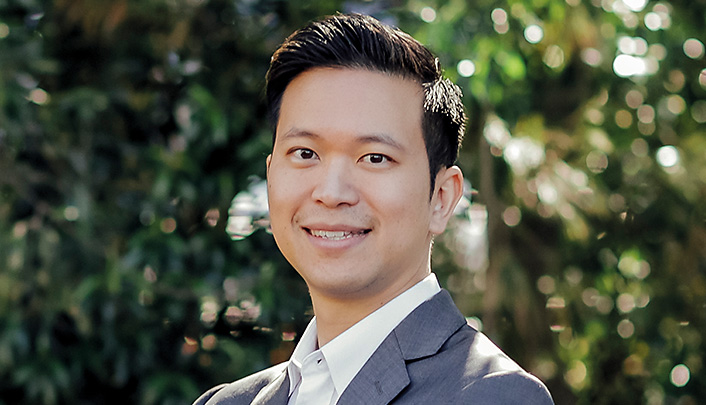
BSc MBBS FRCOphth FEBO FAMS FRANZCO
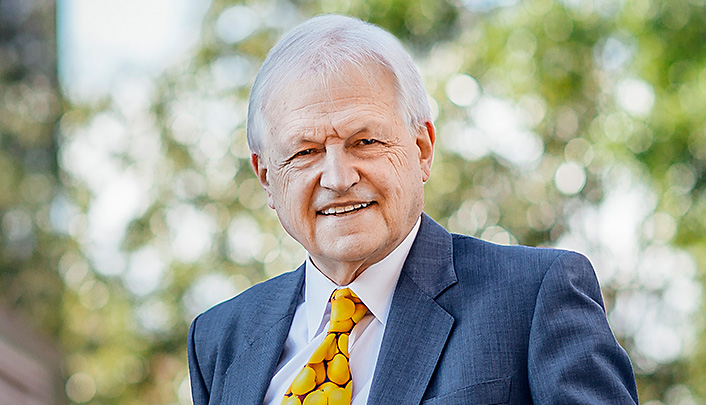
MBBS FRANZCO
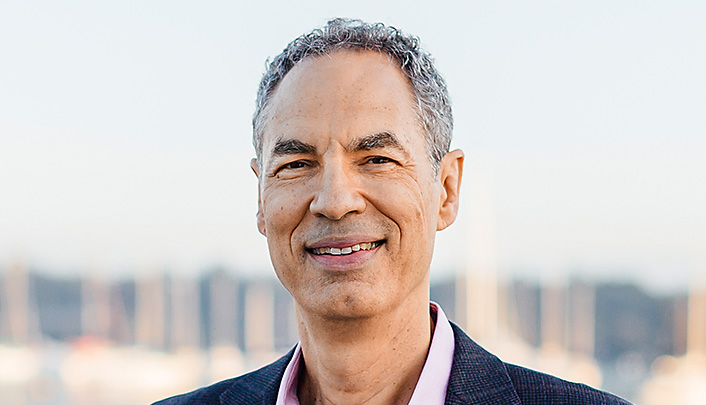
MD MBBCh FRANZCO
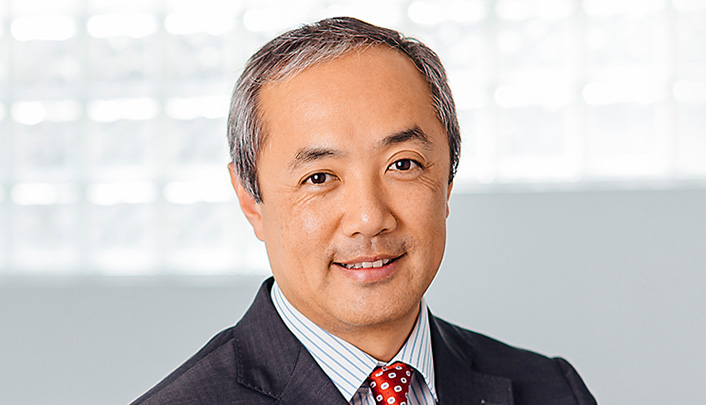
MBBS MPH FRANZCO
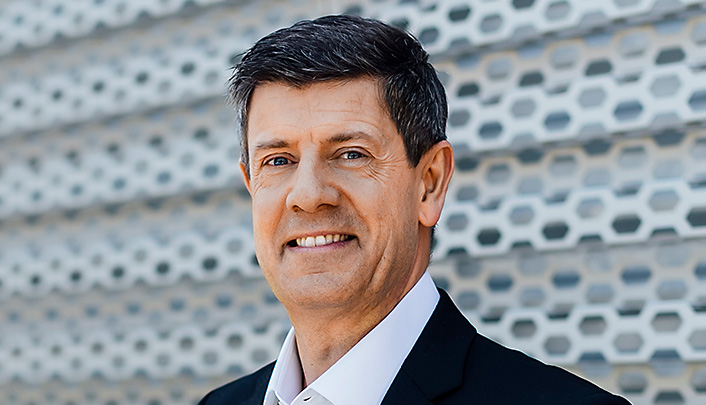
MBBS MMed FRANZCO

MBBS FRACS FRANZCO
Our glaucoma surgeons consult at five fully equipped clinics located in New South Wales, Australia. Meanwhile, glaucoma surgery is performed at one of our state-of-the-art, accredited day surgery facilities.
